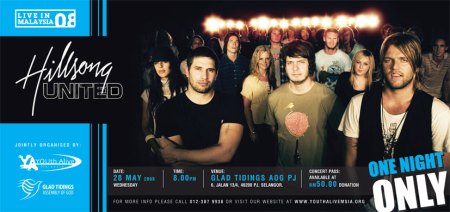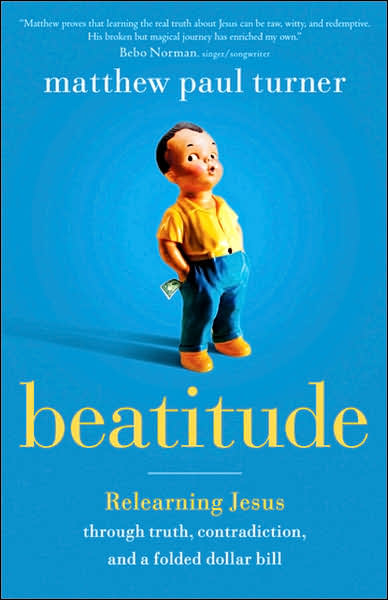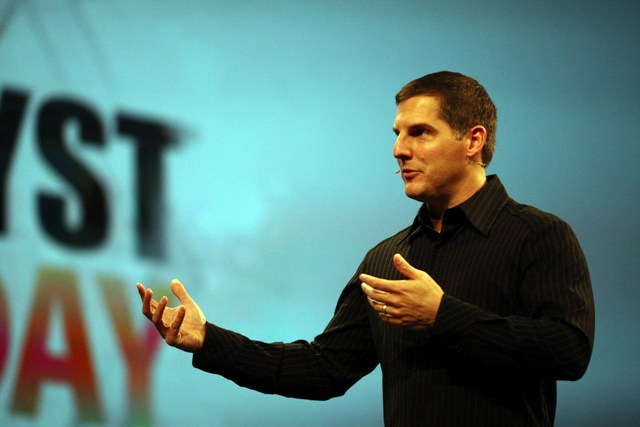
A few days ago I was watching a brilliant interview with legendary Hollywood screenwriter Paul Haggis.
Paul is one of the most successful screenwriters ever to apply his craft in tinsel town. He is the first screenwriter, since 1950, to write two Best Film Oscar winners back-to-back – Million Dollar Baby (2004), and Crash(2005). For Crash, he also won Oscars for Best Picture and Best Original Screenplay.
Just to give you a sense of his accomplishments:
In Television:
He was the co-creator of the cult classic Walker, Texas Ranger. He’s written for shows like Thirtysomething, Who’s The Boss, L.A. Law, Different Strokes and a host of others.
In Film:
He has written films in almost every major genre. He wrote the screenplay for the Clint Eatwood breakouts Flags of Our Fathers, and Letters From Iwo Jima. In addition to Crash and Million Dollar Baby, he also wrote the screenplays for the international box office blockbusters, Casino Royaleand the recently released Quantum of Solace. He’s also currently writing the screenplay for the latest Terminator movie to be released 2009 Terminator Salvation.
So it’s fair to say he is one of the best writers in Hollywood working today.
During the interview Haggis made a statement that I thought was incredibly profound about how to achieve successful writing. Haggis mentioned that he sold both Million Dollar Baby and Crash on spec (short for ‘speculation’). Just so you know: there are basically three ways you sell a screenplay in Hollywood –
1. A studio comes to a writer and say “hey we have a movie idea, but we’d like you to write a screenplay for it.” or
2. A writer goes to a studio with a movie idea (but he hasn’t written the screenplay yet) and he pitches the idea and tells them he can write the script in 3 or 6 months. And they’ll buy the movie from him without the screenplay. or
3. A writer just goes home and writes a screenplay on his own without ever talking to a studio, and then when it’s done he gives it to studios to see if they’d be interested. That’s what they mean by writing on ‘spec.’ (By the way selling a script on spec is one of the hardest ways to sell a script)
So during the interview, the interviewer says to him : “that’s incredible that you wrote both Crash and Million Dollar Baby on spec and you won an Oscar for both of them . . .”
And Haggis answers: “Well, I could have said to myself ‘what kind of movies can I write that I know studios would be interested in’, but I chose not to. I didn’t want to do that. I wanted to write something that meant something to me.”
Then he continues, “I think that’s one of the biggest mistakes writers make, when they write something. Whenever I go speak at colleges or schools and I give the speech about how you should always write from the heart, someone will always raise their hand and ask ‘What kind of movies are studios looking for?” And I tell them ‘no stop, stop, – stop thinking that right now. The really good producers aren’t looking for that anyway. They’re looking for an individual voice. They’re looking for a fresh story that moves them. And if you start asking yourself ‘what do studios want, and write that – Then you’re never going to reach down to that great place where you discover great stories.
And sadly a lot of agents do that too – where they say to their clients, “Oh, this is what studios are looking for” – But I don’t think if writers write that, the studios will find that in you. It’s sort of happenstance that they find that.
You’ve got to resist the temptation to do something for the wrong reasons like money or what others want. You have to know that what you do is something that you care about and you want to say something about. Always write from your gut no matter what they project is – always believe that question you’re asking yourself is worth answering or trying to answer. That it is worth it (or important) to you personally.” (paraphrased)
(end quote)
I think he’s words are not only limited to screenwriting. I believe it applies to every form of creativity and art. Whether you’re an author of both fiction and non-fiction, or whether you’re a speaker or a pastor, or a musician or song writer or an entrepreneur or filmmaker or even a blogger – No matter what it is you do – I believe Paul’s words are critical to remember as you seek to create something for the world.
In some ways I believe whatever project you’re getting ready to do- the book, the novel, the song, the sermon, the blog post, the film – has to choose you. Something that screams at you from the inside, instead of being concerned what other people would like or want. You have to find that creative core that comes from your heart, your passion, your unshakeable conviction about something.
Why is this important? Because every artist – whether you’re a writer, musician, leaders, pastor or painter – wants to be successful at what they do. And often our desire for success clouds are judgment and creativity. Because we begin to ask ourselves, “what have others done that’ve became successful,” or “what can I do that others will like?” When really, we should be true to what we care most about.
Of course, the risk is that some people will not care about what you care about – many may not particularly go crazy over your song, or novel or book or sermon. But you have to be true to yourself.
2 people that come to mind when I think about this principle are: Louie Giglio and John C. Maxwell. Both of these succesful people have been true to what they are most passionate about. Everything Louie does comes from that creative core of his passion for God and making Him famous in the earth. Everything John Maxwell does comes from that central core and passion of leadership and personal development.
So, how do you know what you are supposed to create? Look inside and ask yourself: What do I care about most? What am I most passionate about? What would I do if I did not think what other people wanted or would like? Those questions will lead you to that creative core – that will unlock your creative potential.
Think of Chris Tomlin, Hillsong United, Margaret Feinberg, Andy Stanley and even Blake Mycoskie, founder of TOMS SHOES – they all do their art, their creativity, from the center of their passion.
So what are your passions that drive you deep inside? Because I believe those are an indication of what your mark should be in the world.


“As artists, we have to be brave. If we aren’t brave, we aren’t artists.”
-Paul Haggis




















Leave a comment